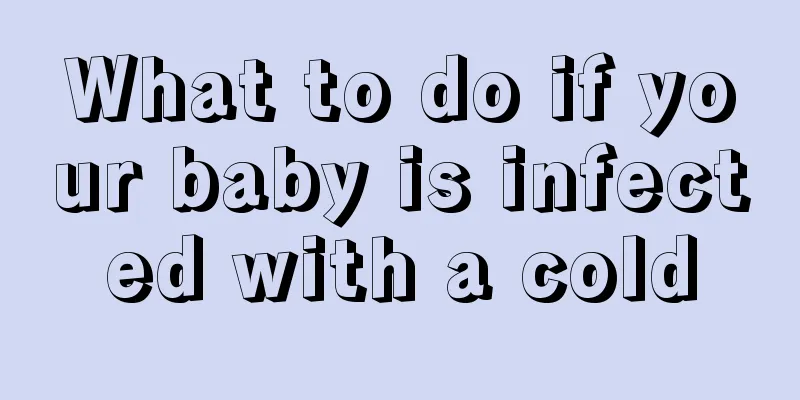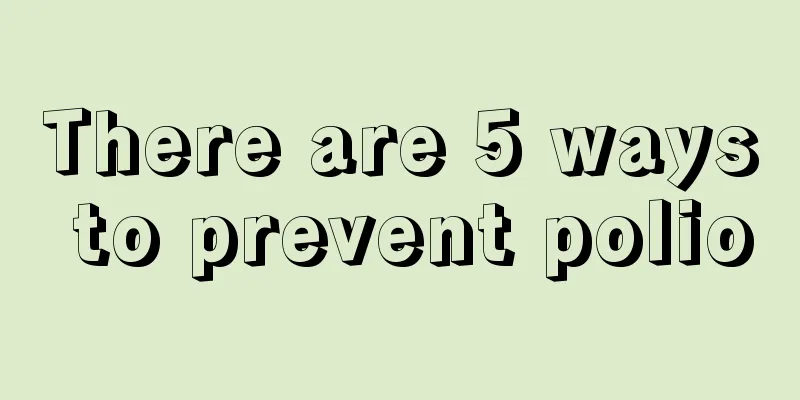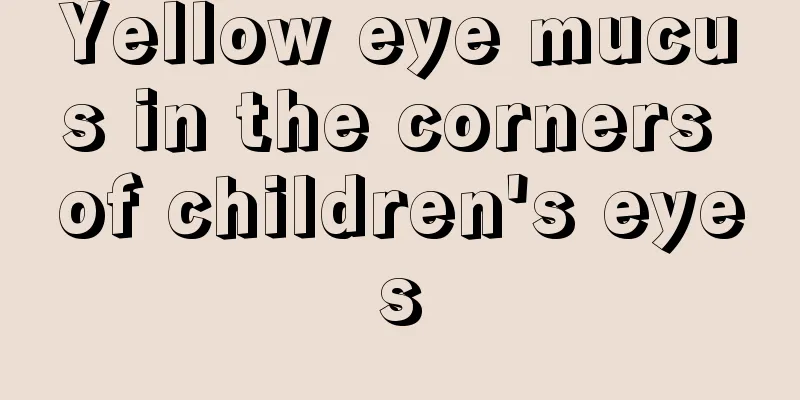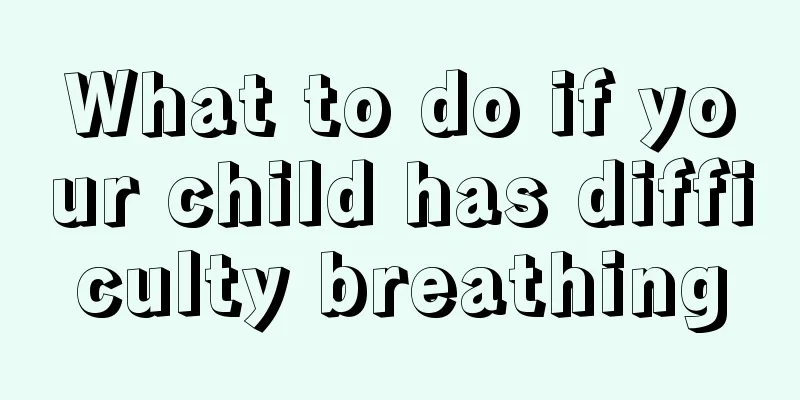Can newborn babies use air conditioning in summer?

|
If the indoor temperature is relatively hot in the summer, you can turn on the air conditioner at this time. This is more beneficial for newborns. If the newborn encounters excessively high temperatures, it will be detrimental to the child's health, easily causing inflammation and leading to some unnecessary effects. Of course, when using the air conditioner, you should also understand some precautions, such as the temperature of the air conditioner cannot be too low, and the air from the air conditioner cannot blow directly on the newborn.
The baby who has just come out of the warm and safe mother's belly is not yet accustomed to many things in the outside world and needs to slowly accept and get used to them. Newborn babies can use air conditioning as long as the temperature is set to 26 degrees Celsius or higher. Your baby will sleep better in an air-conditioned environment. However, the air conditioner should not be turned on for too long, and the air should be ventilated frequently, otherwise the indoor air quality will be poor and not suitable for newborn babies. The air-conditioned environment is relatively dry, so you can appropriately increase the amount of water your newborn drinks. If conditions permit, you may wish to use an air humidifier to balance the ambient humidity.
1. Keep warm even when the heat is low No matter how you cool down, your baby's armpit temperature should be kept between 36℃ and 37℃, and the rectal temperature should be between 36.5℃ and 37.5℃. The air from the air conditioner should not be directed directly at the newborn. It is recommended to dress newborns in loose cotton clothing, not too much, just enough to keep them from getting hot and sweating when they are not active. Keeping warm is very important for premature babies with weak constitutions. If the situation is serious, please hospitalize the premature baby and use an incubator for care.
The air conditioner should be used in moderation and should not be used continuously for a long time. Newborn babies are prone to dizziness, chest tightness, nausea, and even colds caused by upper respiratory tract infections in an environment with polluted, poorly circulated air and dense bacteria. Newborns have very weak immunity and resistance, and are very susceptible to colds and fevers, or swollen and inflamed tonsils. They may also have diarrhea, constant coughing, and clear runny noses. 3. Indoor temperature and humidity should be balanced To prevent your newborn baby from catching a cold, please set the air-conditioning temperature above 26°C; if conditions permit, use a humidifier to adjust the humidity. If there is no humidifier at home, you can put a basin of water before going to bed; open windows frequently for ventilation. If the newborn has mild fever symptoms, please increase indoor ventilation, ensure the baby is warm, and take medication if necessary. Also, don't turn off the air conditioner or fan immediately and allow the temperature to rise, as this will be harmful to your baby's recovery. |
<<: Do newborns sleep on mats in summer?
>>: Is it normal for a newborn to have poop after eating?
Recommend
What medicine should children take for cold and cough
Babies are very likely to develop coughing sympto...
How does Traditional Chinese Medicine treat childhood epilepsy?
As people grow up, their understanding of medicin...
What causes baby's leg pain?
Many babies complain of leg pain when they are yo...
What to do if the newborn's stool has a sour smell
For a newborn baby, if there is experienced careg...
What should I do if my baby has BCG abscesses?
Some babies need to be injected with BCG vaccine ...
Treatment of low fever after high fever in babies
As parents, when our children have a high fever f...
Baby diarrhea convulsions
Diarrhea is a common symptom in babies. It may be...
What causes red spots on baby's tongue?
A very red tongue is a condition that many babies...
What to do if your child has red and swollen gums
Sometimes, red and swollen gums in children shoul...
What is the cause of pain in the baby's left lower abdomen?
After the baby is born, because the body function...
What to do if your four-month-old baby has phlegm
Once the baby gets a fever, phlegm will appear in...
Is it normal for a newborn baby to have a temperature of 37 degrees?
Since body temperature plays an important role in...
What should I do if my child has grown teeth inside but the outside ones have not fallen out?
When many babies are growing teeth, mothers will ...
What causes high lead levels in children?
If the human body consumes too much lead, it is e...
What causes cerebral palsy in children?
Generally speaking, cerebral palsy in children st...









